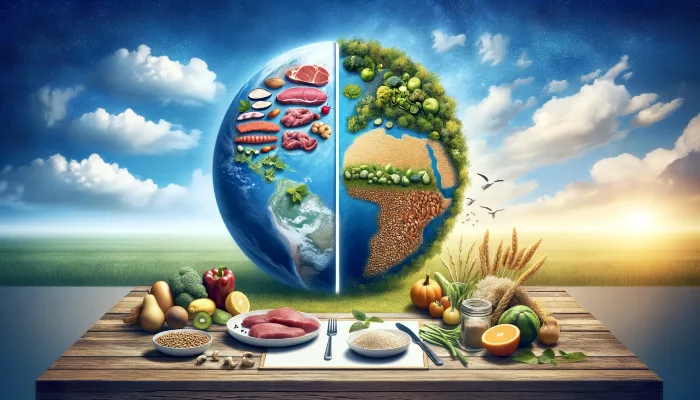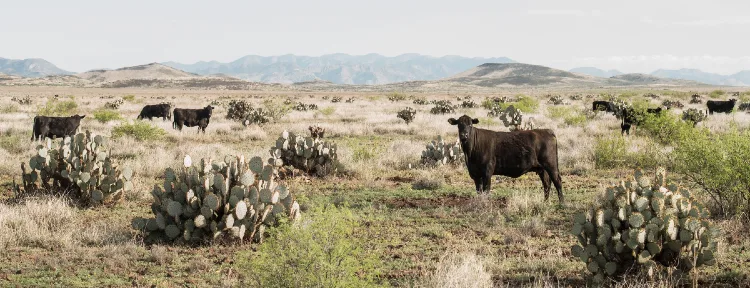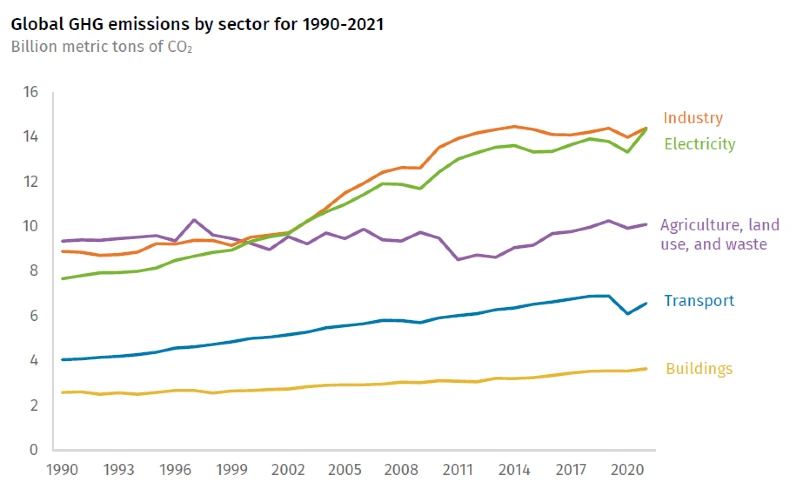People love to point fingers at cows. It’s become convenient to demonize livestock by painting them as climate killers with unsustainable appetites for all of our precious resources. We are bombarded with claims of methane-infused burps, a voracious thirst for water, and rampant habitat destruction. If only everyone gave up animal products, right?
Sorry, friends, this simplified and sensationalized story gets more than a few things wrong. Here’s a breakdown of why these talking points fail to address the whole picture…
The 6 Myths That Need Busting
Myth: Cows steal all our water
Let’s get one thing straight – rain on grasslands counts, too. It’s disingenuous to claim that vast amounts of fresh water are used to produce beef, when the reality is much of this water comes from rainfall. Yes, a portion of their diet comes from irrigated plants, but cows consume far less drinking water than crops like almonds or rice or the great scam that is oat milk. Blaming livestock alone for depleting global freshwater reserves is misleading.
The sad reality is that it takes only 280 gallons of surface or groundwater to produce 1 pound of beef. It takes 1 gallon of surface water to produce 1 single almond nut. There’s roughly 400 almonds in a pound, so that’s 400 gallons of water for a pound of almonds. You want to guess which one of those two, beef or almonds, have more protein per pound? It’s beef! We should be concerned about all of our water usage.
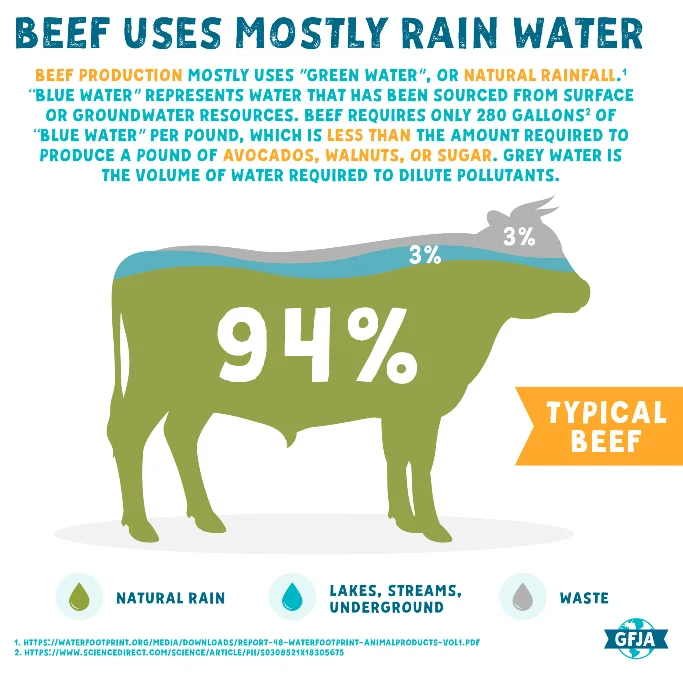
Myth: They’re gorging on food we could be eating
The notion that all those grains fed to cows could solve world hunger is an overly simplistic one. Most of the livestock feed is inedible by humans. Cows (and other similar animals) have unique stomachs that effectively upcycle waste and byproducts humans aren’t going to touch. These include everything from leftover brewery grains to almond hulls to crop residues. It’s an ingenious waste-reduction and nutrient-boosting cycle that benefits BOTH us and the animals.
Myth: A meat-free world means food security for all
The idea that we’d automatically feed everyone if we got rid of animal agriculture is flawed on several levels. First, many regions rely on livestock to survive because the landscape simply isn’t suited for intensive crop production. Abruptly eliminating their livelihoods with no new food source or economic plan poses a major threat to stability.
Also, animal agriculture is more than just calories in meat or milk. It provides fertilizer essential to maintaining global crop yields, especially in places already struggling with soil health. Removing livestock overnight poses serious threats to our ability to effectively grow the crops some propose as meat replacements.
Myth: Cows just take, take, take…
Cows aren’t just black holes, consuming without contributing. They play a vital role in fertilizing and improving the soil – crucial for the very crops we so adore. It turns out that livestock manure is essential to maintain the nutrients required for our own food production.
Myth: It’s all about those mega methane bombs
Sure, methane is a powerful greenhouse gas – but there’s more to the story. For starters, ruminants have been part of a natural carbon cycle for centuries. This methane cycle balances itself out in ways that burning fossil fuels don’t. Furthermore, advances in animal agriculture can reduce methane emissions considerably through practices like better feed quality and manure management.
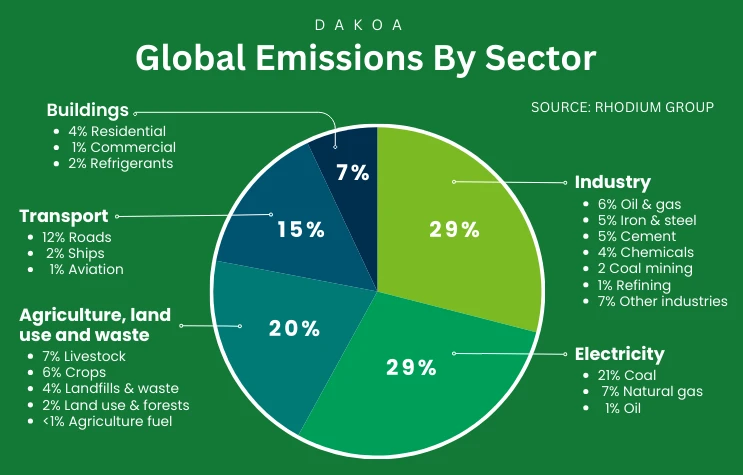
Myth: But eating vegan saves the planet, right?
…Hold on. Don’t let this become a simple meat-eater versus vegan issue. Any honest argument needs to take the full picture into account. That includes addressing the stark reality of food access and dietary quality worldwide. In many developing nations, animal-based food provides crucial nutrients like vitamin B12, iron, and calcium, often lacking in plant-based diets. These nutritional needs are difficult to address, especially in areas where a variety of healthy plant foods are simply unavailable or economically out of reach.
Not to mention the fact that a significant portion of crops are currently going toward production of highly processed foods and biofuels. Also, we have a monumental food waste problem GLOBALLY – where much of what’s wasted includes…yep, the crops often cited as “climate-friendly” alternatives to meat.
The Bigger Picture
- Lab-grown promises: Sure, they’re working on growing burgers in petri dishes these days. But don’t let anyone sell you that as a guilt-free magic bullet. Making meat in a lab uses energy and resources, too – let’s not pretend that swapping burgers for lab-grown blobs comes without its own environmental price tag.
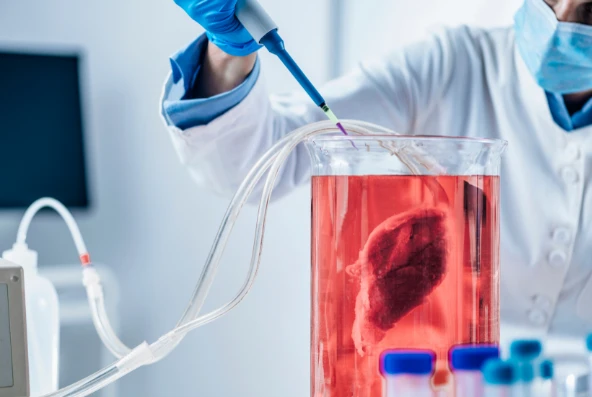
- Let’s talk globally: It’s easy to point fingers from our comfy couches when we aren’t the ones raising livestock on marginal lands to survive. This ‘cows are destroying the planet’ rhetoric makes it harder to work with folks in other countries for better practices around animal agriculture. It’s a global food system; we can’t just preach without offering collaboration.
- It’s about jobs, too: Let’s not forget the millions of people whose livelihoods depend on livestock. Telling everyone to give up meat immediately, with no responsible plan in place, is a recipe for economic havoc in both developed and developing nations. Finding a sustainable future means we also need to find responsible ways to transition economies – finger-wagging and shaming doesn’t cut it.
- Finding Balance Is Key: Most experts see reducing meat consumption, especially in highly developed nations, as a sensible climate-action move (and healthier for most Americans). But calls for absolute elimination of livestock come with serious, often overlooked social and ecological consequences. Phasing out livestock industries needs to happen at a measured pace, allowing time to transition economies, implement viable food system alternatives, and support food security – especially in communities heavily dependent on animal agriculture.
Here’s the deal:
The environmental impact of our food choices, whether plant or animal-based, is complex. Instead of simplistic slogans and scapegoating, we need honest, science-based solutions that address every piece of the food production puzzle. This means being conscious consumers – eating a balanced diet, minimizing food waste, and supporting sustainable agricultural practices across the board.
Let’s be clear: a world without ANY ruminant livestock likely creates more problems than it solves. Ruminants can thrive on marginal land unusable for crops, help recycle food byproducts, and contribute to maintaining the very soil we need to grow our food. That’s not bad if you ask me. The true path to sustainability lies in responsible production and consumption of ALL foods, not demonizing meat while turning a blind eye to the issues with industrial crop agriculture. Let’s get to work on the full picture – that’s how we pave the way for a better-fed world with a healthier planet.
More To Discover
Think before you take the bait about ditching that burger – the issue is way more complicated than you’ve been told.







